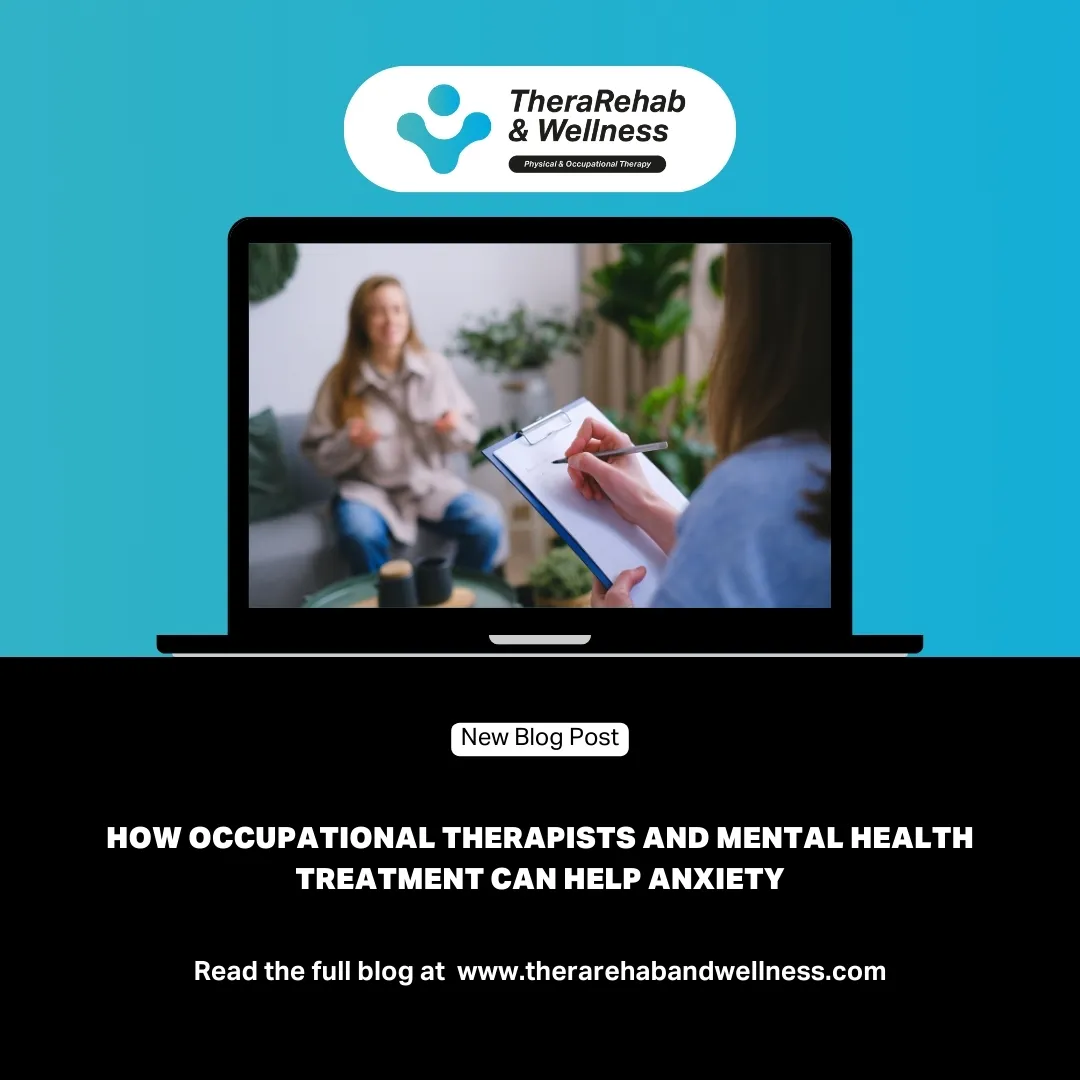Mental health is a crucial aspect of overall well-being, and Occupational therapists play a vital role in managing conditions like anxiety.
Through their specialized training, occupational therapists use various therapeutic techniques to help individuals develop skills needed to overcome anxiety.
This therapy is not only about physical rehabilitation but also encompasses mental and emotional support.
The benefits of occupational therapy for anxiety include improved daily functioning and enhanced coping mechanisms, providing a foundation for patients to regain control over their lives.
These therapists offer valuable support, making significant differences in the lives of those struggling with anxiety.
Understanding Occupational Therapy
Occupational therapy involves a range of strategies and interventions that help individuals gain independence in all areas of their lives. Especially pertinent in mental health contexts, it addresses physical, psychological, and cognitive aspects of well-being.
This therapy form is crucial in occupational therapy and rehabilitation, where therapists develop personalized interventions to assist patients in managing daily tasks that are impacted by emotional and mental health issues.
In places like Occupational Therapy Dallas Texas, practitioners focus on empowering clients to overcome barriers imposed by anxiety, enhancing their ability to function effectively in different environments.
By fostering skills such as stress management and effective communication, occupational therapists provide crucial support for lasting mental health.
The Link Between Occupational Therapy and Anxiety
Occupational therapy plays a pivotal role in treating anxiety for both children and adults.
The process, known as occupational therapy treatment of anxiety, involves using therapeutic activities to help patients develop the skills necessary for daily living and working.
Occupational therapists tailor activities to help individuals manage their anxiety levels, enhance their problem-solving abilities, and improve their overall emotional regulation.
This approach is particularly effective in teaching coping mechanisms that children and adults can use to deal with stressors in various environments.
Through consistent practice, patients learn to handle anxiety more effectively, leading to improved well-being and productivity.

Occupational Therapy Techniques for Anxiety
Occupational therapy offers a suite of techniques tailored for anxiety management, emphasizing both sensory integration and strategic stress management. Here’s how these methods help:
- Sensory Integration: This technique involves activities that help patients regulate their response to sensory stimuli, which can be overwhelming and trigger anxiety. Therapists might use tools like weighted blankets or noise-canceling headphones to help patients manage sensory overload.
- Stress Management Strategies: Occupational therapists teach various strategies to cope with stress, including mindfulness exercises, breathing techniques, and structured daily routines that promote stability and predictability.
- Orthopedic Occupational Therapy: This specialized form focuses on the physical aspects of anxiety treatment. For example, therapists might work on posture and body mechanics to reduce physical tension that can exacerbate anxiety symptoms.
Through these approaches, occupational therapists provide their patients with practical tools to reduce anxiety, improve emotional regulation, and enhance their overall quality of life.
Benefits of Occupational Therapy in Mental Health
Occupational therapy benefits are extensive, particularly in the realm of mental health. These benefits include:
- Improved Coping Strategies: Occupational therapy helps individuals develop effective coping techniques to manage daily stress and reduce anxiety levels. This can involve everything from time management skills to relaxation techniques like deep breathing.
- Enhanced Daily Functioning: By focusing on practical aspects of daily life, occupational therapists improve patients’ ability to perform everyday tasks, which boosts confidence and decreases stress-related symptoms.
- Reduced Symptoms of Anxiety and Depression: Regular occupational therapy can significantly alleviate symptoms of anxiety and depression by encouraging patients to engage in positive activities and social interactions.
- Better Emotional Regulation: Therapists teach emotional regulation strategies to help patients understand and control their feelings, leading to improved mental health and relationships.
These benefits together contribute to a holistic approach to mental wellness, helping individuals lead more fulfilling and autonomous lives.
Read more : UNDERSTANDING VESTIBULAR THERAPY: ACTIVITIES, EXERCISES, AND OCCUPATIONAL INTEGRATION
Conclusion
Occupational therapists are invaluable in treating anxiety by offering specialized techniques that significantly enhance mental health.
Their strategies not only alleviate symptoms but also empower individuals to maintain long-term emotional and psychological wellness. Residents of Dallas seeking effective anxiety management should consider TheraRehab & Wellness.
This center is renowned for its comprehensive occupational therapy services, providing all the necessary tools and support to help people overcome anxiety and lead happier, more productive lives.
Disclaimer
The information provided in this article is for general informational purposes only. It is not intended as a substitute for professional medical advice, diagnosis, or treatment.
Always seek the advice of your physician or other qualified health provider with any questions you may have regarding a medical condition.
Never disregard professional medical advice or delay in seeking it because of something you have read in this article.
Please consult with a qualified healthcare professional like TheraRehab and Wellness for personalized advice and recommendations related to your specific health and wellness needs.



